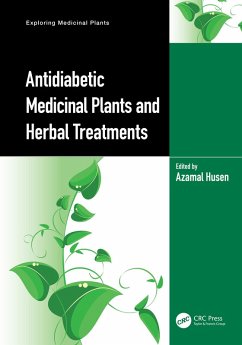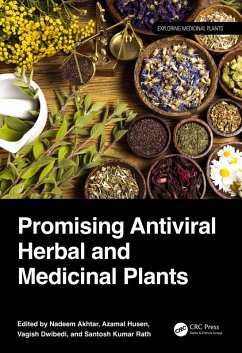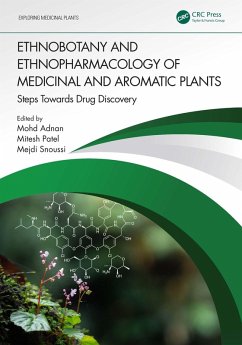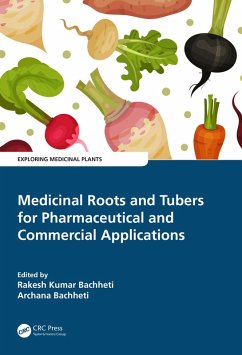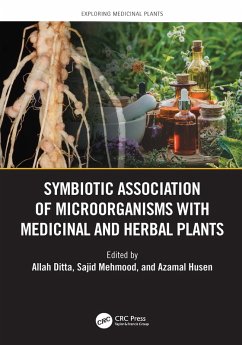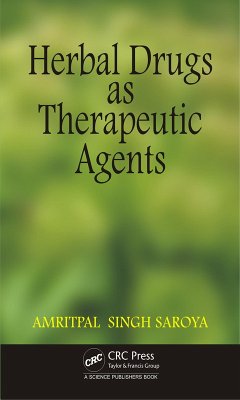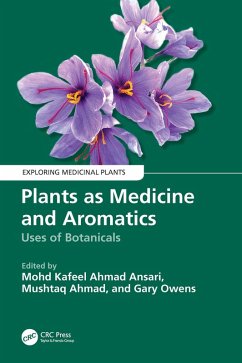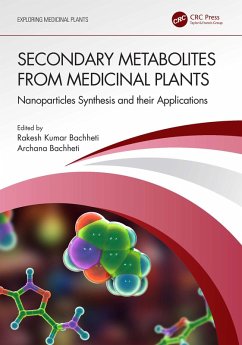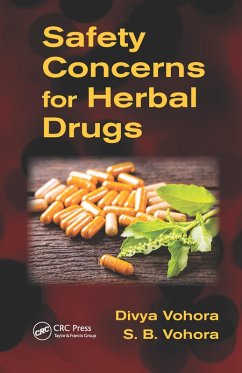
Promising Antiviral Herbal and Medicinal Plants (eBook, PDF)
Versandkostenfrei!
Sofort per Download lieferbar
186,95 €
inkl. MwSt.
Weitere Ausgaben:

PAYBACK Punkte
93 °P sammeln!
With the prevalence of viral diseases causing significant health challenges and the emergence of highly infectious and difficult-to-treat conditions, such as Ebola, HIV/AIDS, and Hepatitis B, there is a pressing need for effective antiviral treatments. Throughout history, viral infections have caused devastating pandemics, leading to widespread illness and mortality. Notable examples include the Black Death caused by Yersinia pestis and the Spanish flu pandemic of 1918. To address this ongoing threat, exploring the potential of herbal and medicinal plants as a source of antiviral compounds is ...
With the prevalence of viral diseases causing significant health challenges and the emergence of highly infectious and difficult-to-treat conditions, such as Ebola, HIV/AIDS, and Hepatitis B, there is a pressing need for effective antiviral treatments. Throughout history, viral infections have caused devastating pandemics, leading to widespread illness and mortality. Notable examples include the Black Death caused by Yersinia pestis and the Spanish flu pandemic of 1918. To address this ongoing threat, exploring the potential of herbal and medicinal plants as a source of antiviral compounds is crucial. Promising Antiviral Herbal and Medicinal Plants provides a comprehensive overview of the latest research in the field of antiviral properties of herbal and medicinal plants.
Features:
A volume in the Exploring Medicinal Plants series, this book is an essential resource for researchers, healthcare professionals, and those interested in viral infections and their management.
Features:
- Compiles cutting-edge research on the antiviral properties of various plants, highlighting their potential therapeutic applications
- Discusses various chemical components of the medicinal and herbal plants with the known bioactive constituents and their antiviral applications
- Elaborates on medicinal and herbal plants' opportunities and future direction for drug synthesis against various viral diseases
A volume in the Exploring Medicinal Plants series, this book is an essential resource for researchers, healthcare professionals, and those interested in viral infections and their management.
Dieser Download kann aus rechtlichen Gründen nur mit Rechnungsadresse in A, B, BG, CY, CZ, D, DK, EW, E, FIN, F, GR, HR, H, IRL, I, LT, L, LR, M, NL, PL, P, R, S, SLO, SK ausgeliefert werden.




